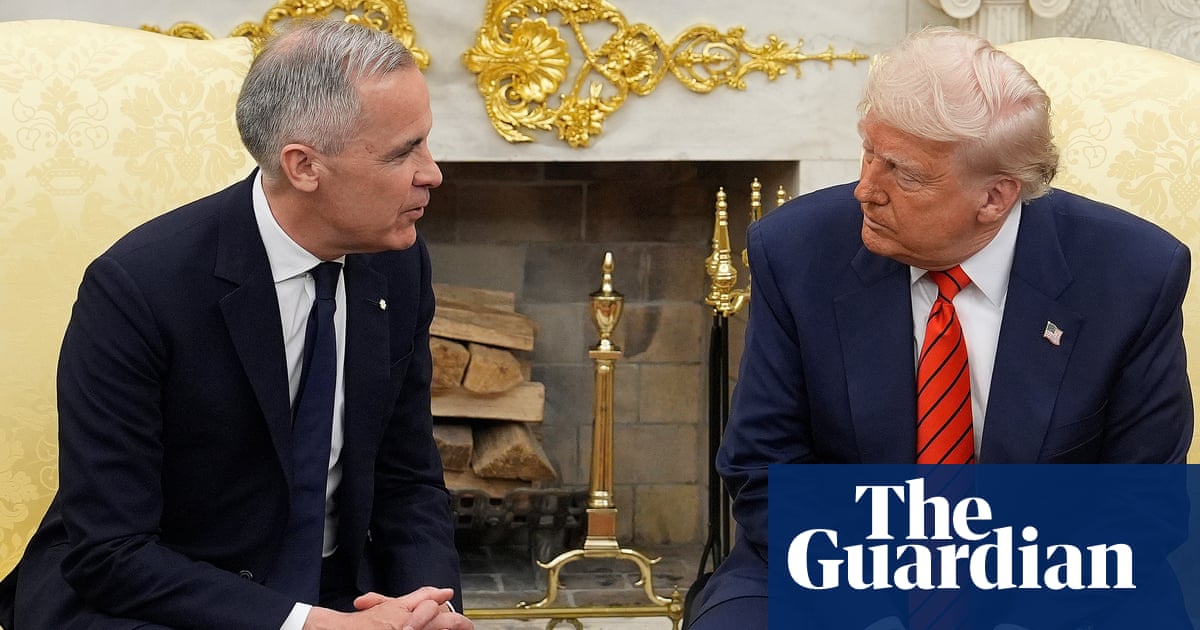On a busy Saturday, cities across the U.S. saw large protests against President Trump, coinciding with a military parade in Washington, D.C. Organized by a group called "No Kings," the demonstrations voiced concerns over Trump’s policies and his use of presidential power.
In New York, Philadelphia, and Houston, crowds gathered to listen to lawmakers and activists. Many held signs criticizing Trump’s administration. The military parade, marking the 250th anniversary of the U.S. Army and Trump’s birthday, drew mixed reactions. Some viewed it as a celebration, while others saw it as a misuse of military resources for political gain.
In Philadelphia’s Love Park, nurse Karen Van Trieste shared her fears over cuts to the Centers for Disease Control, signaling a broader concern about public health. In Los Angeles, the atmosphere was tense due to recent protests against immigration raids, with local law enforcement on high alert.
In contrast, the protests that day were mainly peaceful, though tensions remained high due to warnings from Trump about a strong response to dissent during the parade. Critics, including previous military members, condemned the event as a troubling politicization of American military traditions.
The origin of the "No Kings" name stems from a belief that Trump has overstepped his authority. Protesters raised various issues, including immigration policies and government effectiveness.
Elidia Buenrostro, 29, marched in L.A. to advocate for her undocumented family, carrying signs emphasizing family unity. Others used creative costumes to express their political messages, such as those inspired by The Handmaid’s Tale, reflecting worries about reproductive rights.
While most protests spread a message of unity and resistance, the atmosphere in Minnesota was somber. Organizers canceled events after a tragic shooting involving two state politicians, prompting calls for caution and community safety.
These protests show a growing trend of American citizens actively voicing their concerns, using their right to free speech to influence the political landscape. With surveys indicating that a significant percentage of Americans feel disconnected from their government, these demonstrations highlight a critical moment in U.S. history where civic engagement is more important than ever.
For more insights on civic engagement and its impact on democracy, you can check authoritative sources like Pew Research Center for recent studies and statistics.





















